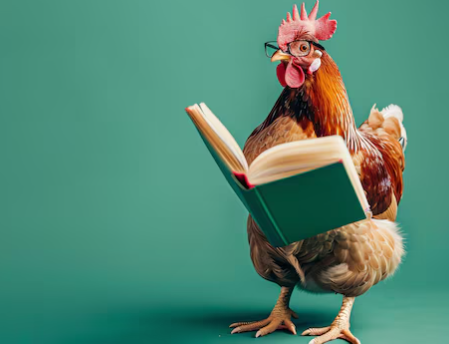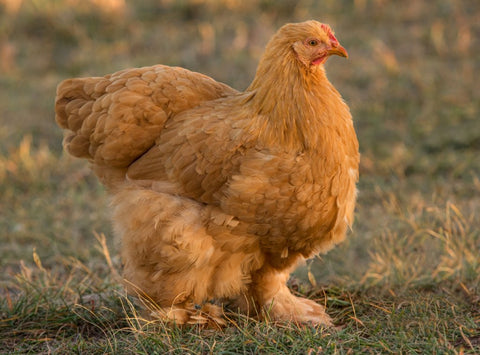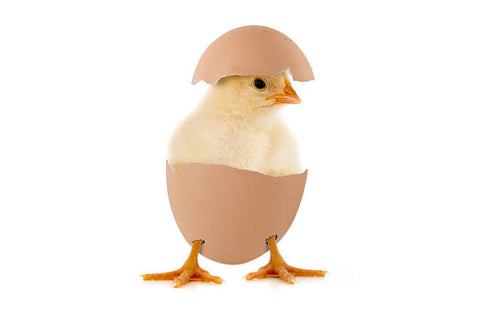🐔 Are Chickens Smart? Spoiler Alert: Yes!
“Bird-brained.” We’ve all heard it. But when it comes to chickens, that phrase couldn’t be more wrong. Far from being feathered fools, our beloved hens are surprisingly sharp—and science is finally giving them the credit they deserve.
💡 Not So Bird-Brained After All
Research has shown that chickens display social smarts, problem-solving skills, and even emotional awareness on par with… wait for it… primates! Yep, your clucky girls might have more in common with monkeys than you think.
If you keep hens, you already know each one is a little personality powerhouse. From quirky habits to stubborn streaks, no two birds are alike. Chickens are aware of themselves as individuals, which is why they work out complicated pecking orders in their flocks. That takes more than instinct—that takes conscious thought.
And let’s not forget empathy. Ever seen a hen with her chicks? She clucks to them before they hatch, teaching them her voice from inside the egg. The phrase “mother hen” didn’t become a cliché for nothing!
💤 Chickens Dream, Too!
Here’s one of our favorite facts: chickens dream. Yep, just like dogs twitching as they chase rabbits in their sleep, hens enter REM sleep and experience dreams. What do they dream about? Pecking at an endless supply of mealworms? Outrunning the neighbor’s cat? We may never know—but we love the thought of it.
🧠 The Science-y Bit (But Fun!)
Chickens have lateralized brains, which means their left and right hemispheres each handle different tasks—like a little feathered supercomputer. And thanks to their eye placement, they’ve got both binocular vision (using both eyes for depth—perfect for spotting tasty treats) and monocular vision (each eye doing its own thing—perfect for predator spotting).
Translation: while your hen’s right eye is focused on scratching up bugs, her left eye is making sure that shadow overhead isn’t a hawk. Ever tried sneaking up on a chicken? Exactly.
🦶 Are Chickens Ambidextrous?
Pretty much! You’ll often see them start scratching with the left foot, but they’re quick to switch if needed. They also tend to favor their right eye for food and their left eye for predator scanning. This all traces back to their time inside the egg, where the position of their head exposes the right eye to more light, shaping how their vision develops.
Mind. Blown.
🌟 Final Thoughts
So next time someone calls a person “bird-brained,” you can proudly say: “Thanks! That means I’m smart, empathetic, and capable of multitasking like a boss!”
Your hens aren’t just egg-laying machines—they’re fascinating, complex little creatures with brains that are way more brilliant than most people realize.




